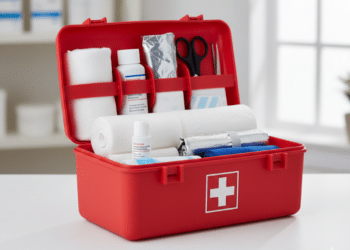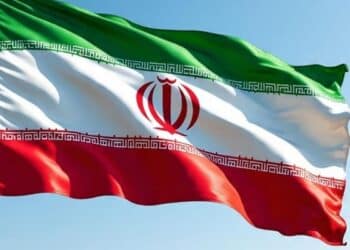As the world marks Sickle Cell Day on Thursday, medical experts have said that at least 50 million Nigerians carry the sickle cell trait.
They, however, encouraged sickle cell patients to keep the hope alive, saying that their health condition is not a death sentence.
Speaking at a one-day seminar to commemorate the event in Ilorin, Kwara State, organised by the Building Hope for Sickle Cell Foundation, the state Commissioner for Health, Dr. Amina El-Imam, called for concerted efforts to advance care for sickle cell warriors in the state.
The commissioner, who said that such a move requires a multifaceted approach that addresses current challenges and promotes comprehensive care, added that, “By working together, we can rebirth hope for individuals and families affected by sickle cell disease and improve their quality of life.”
El-Imam, whose presentation was delivered by Dr. Ajao Kasali, said that globally, Nigeria bears the highest burden, with 50 million people carrying sickle cell traits.
About 2% to 3% of the population have the disease, with about 150,000 newborns affected yearly and 50 million people carrying the sickle cell trait.
“In Kwara State, Sickle Cell Disease prevalence among children admitted to Emergency Pediatric Units was reported as 16.3%. This figure is higher than in other states studied, including Niger State, where it was 2.1%.
Studies on Sickle Cell in Nigeria
“Further, a study in the Irepodun Local Government Area of Kwara State found that 2.3% of the population suffers from SCD, and about 25% of adults carry the sickle cell gene.”
The commissioner, who described sickle cell disease as a significant public health challenge, said that about 50%-90% of children born with SCD in low- and lower-middle-income countries of sub-Saharan Africa die before their fifth birthday.
“It accounts for 20% of neonatal mortality and 5% of mortality of under-5 children in the African continent,” she said.
El-Imam said that the state government provides free medical services for sickle cell warriors in its health insurance scheme, adding that vaccines were also rolled out to manage the disease and provide a nutritional programme to reduce attacks among warriors.










